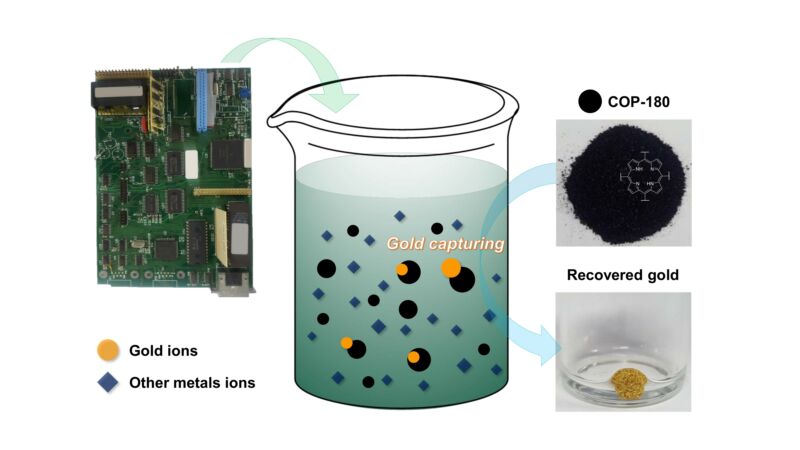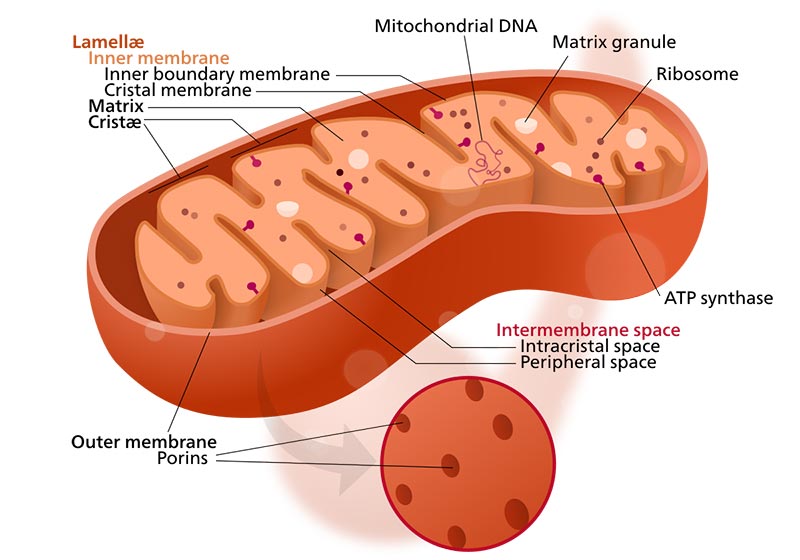On this Episode…
There’s one thing you should always know: Don’t microwave an egg.

Exploding eggs aren’t all fun and games, however — if one detonated in your mouth, you might not be laughing.
As an egg is cooked, the proteins that are inside the yolk clump together. Tiny pockets of water form as well, scattered throughout the egg. There’s no problem and it’s mostly harmless if you eat the egg after it cools, But if the egg is reheated and the yolk proteins rise above 212 degrees Fahrenheit, still under pressure within the egg, the water might not boil. But if the egg was penetrated or otherwise disturbed, that could all change swiftly, with the water instantly erupting into steam and provoking an explosion.
Links:
At the Korea Advanced Institute of Science and Technology a new study led by Yeongran Hong that the involves a chemical with an impressive affinity for gold put to the test some circuit boards to an acid treatment to release its materials and this chemical will gather up all the dissolved gold. And after it lets go of that gold, it’s ready to be used again.
The researchers’ gold-scrubber is based on an organic compound called a porphyrin. Linked together in a polymer, it possesses lots and lots of little pores that, energetically, want to host a metal atom. That’s the kind of structure chemists look for to help with recycling.
Links:


Mitochondria, the structures inside our cells that use food to produce energy, have been gene-edited for the first time. A new kind of “base editor” was used, opening the door to treating disorders related to faulty mitochondria.
These base editors consist of proteins adapted from the CRISPR gene-editing method, which need an RNA molecule to guide them to their target. That brings up the second problem: no one has managed to get RNA into mitochondria.
Now David Liu at the Broad Institute in Massachusetts has collaborated with two other groups to create an entirely new kind of base editor that doesn’t rely on CRISPR.
Links:
Don’t forget to subscribe and share your comments!




